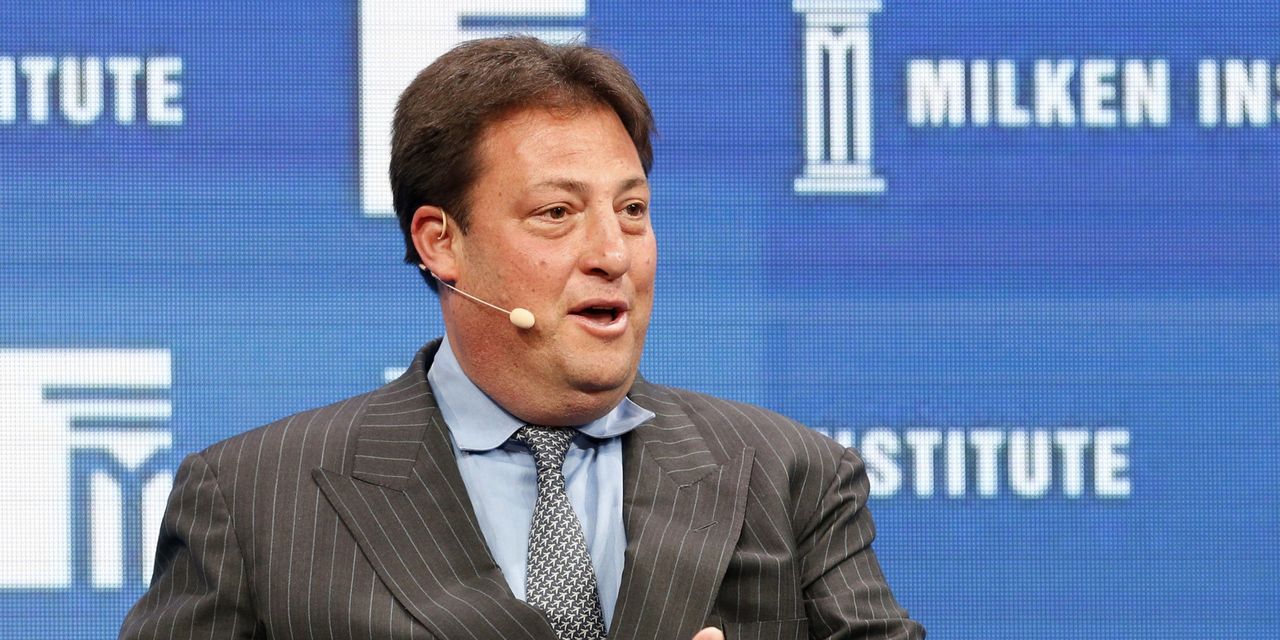Shares of charter-flight provider Wheels Up Experience Inc. climbed nearly 20% on Wednesday, their first day of public trading after a merger with a special-purpose acquisition company.
In combining with
Aspirational Consumer Lifestyle Corp.
UP 17.22%
, a plan first announced in February, Wheels Up joined a number of companies that have used blank-check mergers to bypass traditional public offerings over the past year. Wheels Up’s proceeds from the deal totaled more than $650 million, including funds from the SPAC and from a private investment in public equity that accompanies the acquisition.
Shares were trading around $11.90 Wednesday afternoon. On Tuesday, Aspirational Consumer shares had closed at $9.93.
Last year,
Delta Air Lines Inc.
DAL -1.69%
merged its private-jet unit with Wheels Up and took a stake in the company. As of the first quarter of this year, Delta owned 24% of Wheels Up.
“We’re proud to be Wheels Up’s exclusive commercial airline partner and largest shareholder with a stake valued at over $500 million,” Delta Chief Executive
Ed Bastian
said during his company’s quarterly earnings call Wednesday.
Wheels Up counted more than 11,000 active users last year, and flew more than 44,000 flight legs, the company said. Its revenue was $695 million, up from $384.9 million a year earlier. The company posted a slimmer net loss of $85.4 million, compared with $106.9 million in 2019. First-quarter revenue was $261.7 million this year, up 68% year over year.
Under the company’s model, customers can pay an initiation fee, which ranges from about $3,000 to $17,500 depending on the tier. Members then pay an additional amount for flights depending on length and type of aircraft.
In a presentation the company published when the SPAC deal was announced earlier this year, Wheels Up said that the coronavirus pandemic was encouraging more travelers to consider flying privately. More recently, passenger volumes on traditional airlines have recovered in the U.S. as the pandemic has begun to ease.
SPACs are shell companies that raise money from investors without having any of their own business operations. They then seek a privately owned company to acquire, making the private company publicly traded.
The strategy, which can be quicker and have fewer regulatory hurdles than a traditional IPO, gained popularity last year, including among individual investors who valued the chance to gain early exposure to companies just reaching public markets.
But even as deals signed earlier this year, like Wheels Up’s, reach completion, enthusiasm for the strategy has cooled among investors and the leaders of potential SPAC target companies.
The Defiance Next Gen SPAC-Derived Exchange-Traded Fund, a fund that tracks the sector, has lost 16% of its value since the start of the year.
Write to Matt Grossman at matt.grossman@wsj.com
Copyright ©2021 Dow Jones & Company, Inc. All Rights Reserved. 87990cbe856818d5eddac44c7b1cdeb8













































